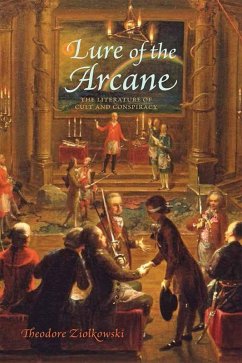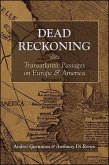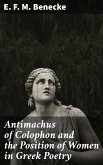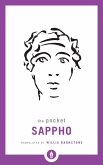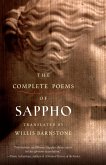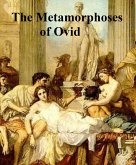A study of the depiction of cults, conspiracies, and secret societies in literature from ancient Greek and Roman mysteries to the 21st century thriller. Fascination with the arcane is a driving force in this comprehensive survey of conspiracy fiction. Theodore Ziolkowski traces the evolution of cults, orders, lodges, secret societies, and conspiracies through various literary manifestations-drama, romance, epic, novel, opera-down to the thrillers of the twenty-first century. Lure of the Arcaneconsiders Euripides'sBacchae, Andreae'sChymical Wedding, Mozart'sThe Magic Flute, and Eco'sFoucault's Pendulum, among other seminal works. Mimicking the genre's quest-driven narrative arc, the reader searches for the significance of conspiracy fiction and is rewarded with the author's cogent reflections in the final chapter. After much investigation, Ziolkowski reinforces Umberto Eco's notion that the most powerful secret, the magnetic center of conspiracy fiction, is in fact "a secret without content." "Conspiracies, whether attributed to mystery cults, Freemasons, Socialists, or Rosicrucians, pervade literature from Euripides to Umberto Eco, as Theodore Ziolkowski shows inLure of the Arcane. Ziolkowski has read everything, taking even a 3,000-page German novel in his stride, and summarizes and analyses his material fascinatingly for lesser mortals." -Times Literary Supplement (UK) "Ziolkowski is excellently placed to attempt the construction of a genre history ... As such, his treatment of the literature and the array of texts included is predictably masterful, moving with ease from Greek and Roman mysteries in antiquity to the Medieval representations of the Knights Templar, through the Rosicrucian manifestoes and the German Enlightenment lodge novels, to the literary depictions of secret societies of Romantic Socialism." -Nova Religio
Dieser Download kann aus rechtlichen Gründen nur mit Rechnungsadresse in A, B, BG, CY, CZ, D, DK, EW, E, FIN, F, GR, HR, H, IRL, I, LT, L, LR, M, NL, PL, P, R, S, SLO, SK ausgeliefert werden.
Hinweis: Dieser Artikel kann nur an eine deutsche Lieferadresse ausgeliefert werden.

